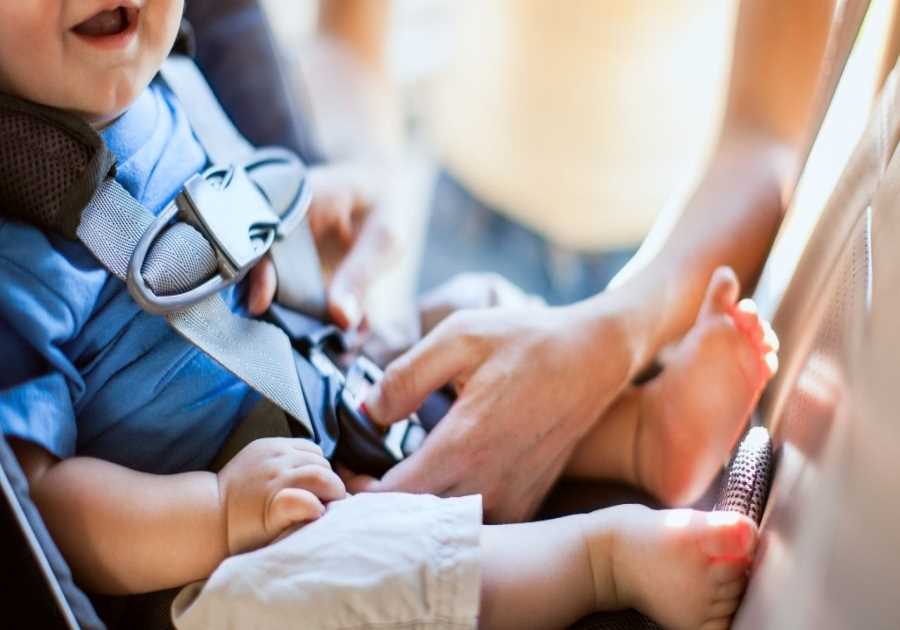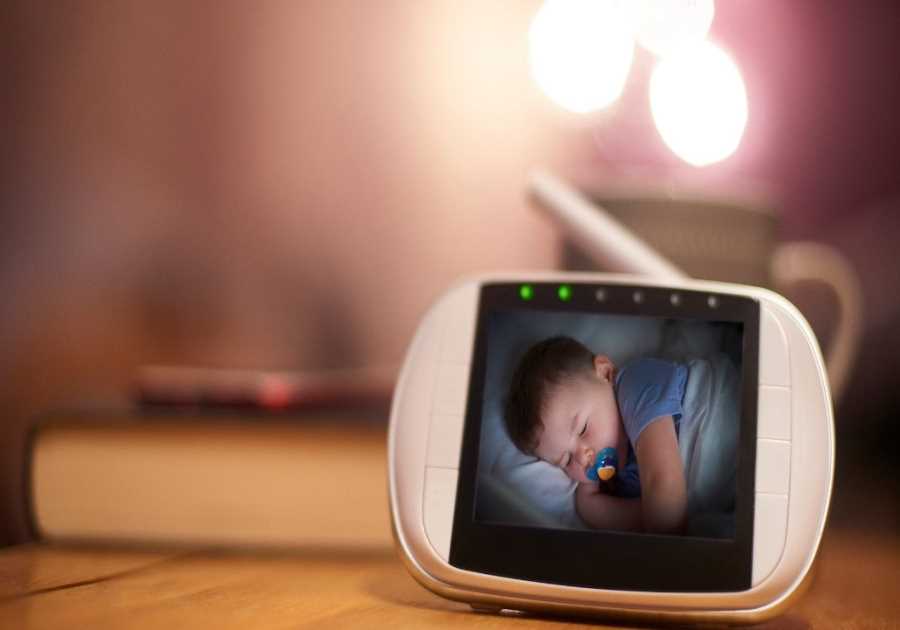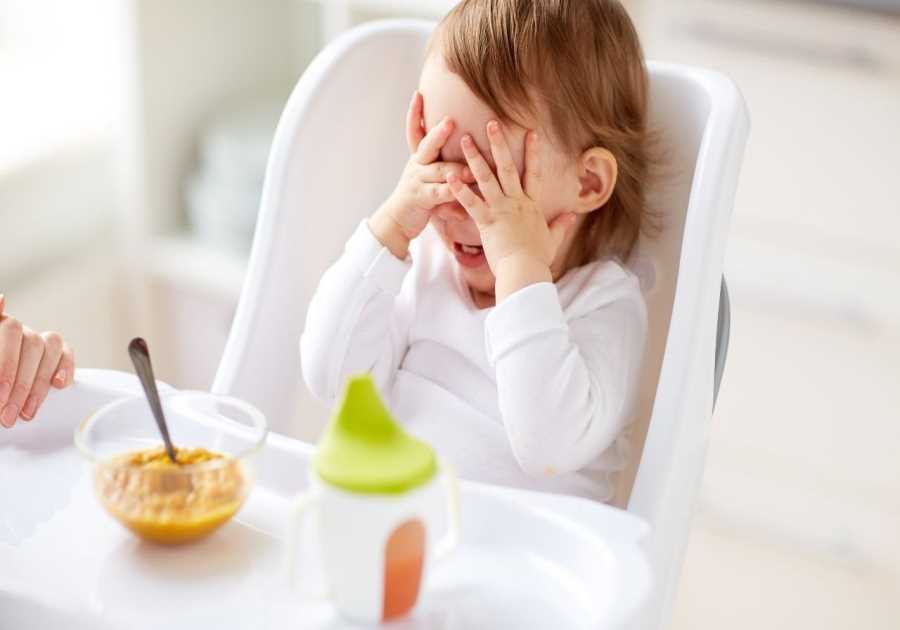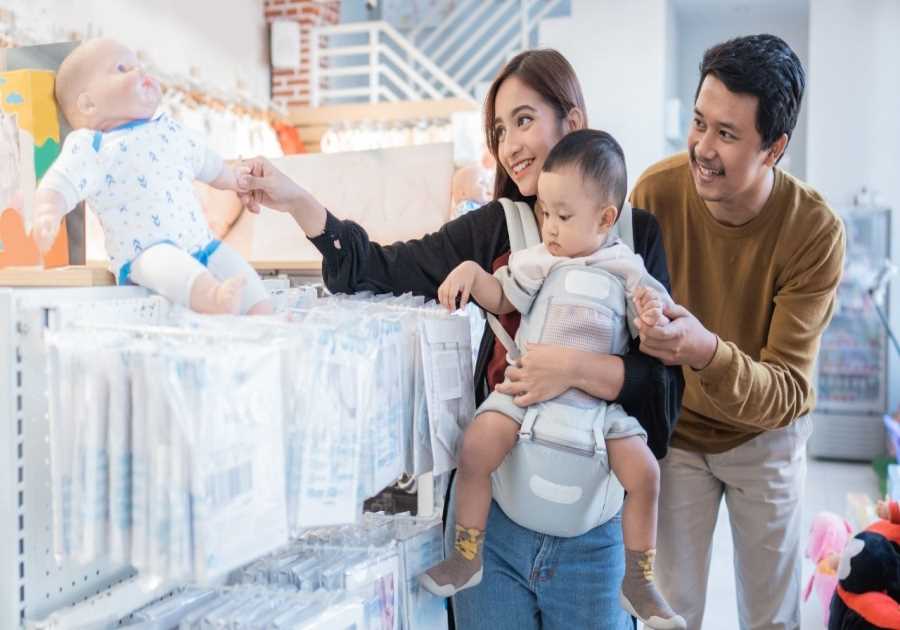Congratulations on becoming a parent! As you embark on this journey of raising your little bundle of joy, you want to make sure that you are doing everything in your power to ensure their health and well-being. And we're here to guide you through the pillars of baby health that will help nurture your baby's well-being inside and out.
From proper nutrition to emotional well-being, physical activity, safety, and long-term health and happiness - these six pillars form the foundation for your baby's growth and development. By incorporating these elements into your daily routine, you can create a healthy environment for your little one to thrive in. So let's dive in and explore each of these pillars in detail so that you can provide the best possible care for your baby!
Proper Nutrition
You gotta make sure you're giving your little one the right food to grow up healthy and strong! Baby nutrition is a crucial aspect of nurturing your baby's well-being, both inside and out. The first decision you'll need to make is whether to breastfeed or formula feed your baby. Breastfeeding provides numerous benefits for both mother and child, including boosting the baby's immune system and reducing the risk of certain health conditions. However, formula feeding can also provide adequate nutrition for your baby if breastfeeding isn't an option.
As your baby grows, it's important to introduce solids at the appropriate time (usually around 6 months). Make sure to offer a variety of nutritious foods such as fruits, vegetables, whole grains, and lean proteins. Avoid giving your baby sugary or processed foods that can harm their developing health. Remember to be patient during this process as it may take several tries before they accept new flavors and textures. Adequate nutrition is essential for proper growth and development in babies so don't hesitate to consult with a healthcare professional if you have any concerns about your child's diet. Now let's talk about how vital adequate sleep and rest are for your little one!
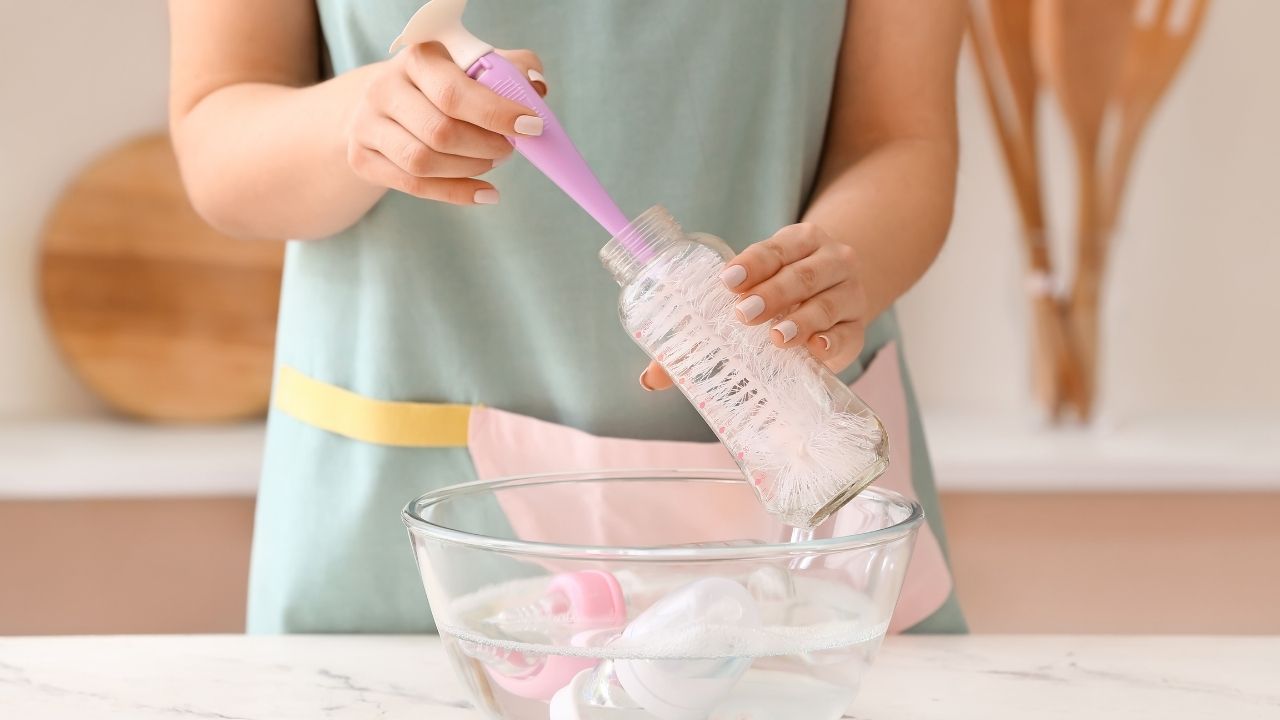
Adequate Sleep and Rest
Make sure you're getting enough sleep and rest as a new parent, because being well-rested can make it easier to care for your little one. Creating a sleep schedule that works for both you and your baby can help establish healthy sleep habits early on. In addition, practicing safe sleep practices such as placing your baby on their back in a crib or bassinet without any loose bedding or toys can reduce the risk of sudden infant death syndrome (SIDS).
Adequate rest doesn't just apply to your baby but also to you as a parent. It's important to take breaks throughout the day whenever possible and prioritize getting enough sleep at night. By doing so, you'll be better equipped to engage in physical activity and play with your little one - the next pillar of baby health we'll explore.
Physical Activity and Play
Get active and playful with your little one to create a fun and engaging environment that promotes movement, exploration, and bonding between you. Physical activity is crucial for your baby's development as it helps build strong muscles, improves coordination, and increases flexibility. Start by incorporating tummy time into their routine from an early age. This simple exercise not only strengthens the neck and shoulder muscles but also allows them to explore the world around them in a safe and interactive way.
In addition to tummy time, sensory stimulation through playtime can enhance your baby's cognitive development. Playtime can include activities such as peek-a-boo or reading books together that will increase their curiosity about the world around them. It’s important to remember that every baby is unique; thus, you should adjust the level of physical activity based on your child’s individual needs while keeping safety in mind.

To ensure optimal health outcomes for your little one, creating opportunities for both physical activity and emotional well-being are essential pillars of baby care.
Emotional Well-being
Experience emotional euphoria by engaging in activities that encourage your little one's mental and emotional development. Bonding techniques such as cuddling, singing, and reading can help create a strong bond between you and your baby while also promoting their emotional well-being. Socialization skills are also important for your child's growth, so consider playdates with other children or attending parent-child classes to help them learn how to interact with others.
In addition to bonding and socialization, it is important to create a safe and secure environment for your little one. This includes providing a consistent routine, setting boundaries, and ensuring their physical safety by child-proofing the home. By focusing on both emotional well-being and safety, you can provide a solid foundation for your baby's overall health and happiness.
Safety and Security
When it comes to keeping your baby safe and secure, there are a few key areas to focus on. One of the most important is baby-proofing your home. This means identifying potential hazards like sharp corners or electrical outlets and taking steps to minimize the risk of accidents. Another crucial aspect is choosing safe baby products - from car seats to high chairs, make sure you're selecting items that meet safety standards and have good reviews from other parents. Finally, it's essential to be prepared for emergencies - know what to do in case of choking, CPR, or other medical situations so you can respond quickly and confidently if needed.
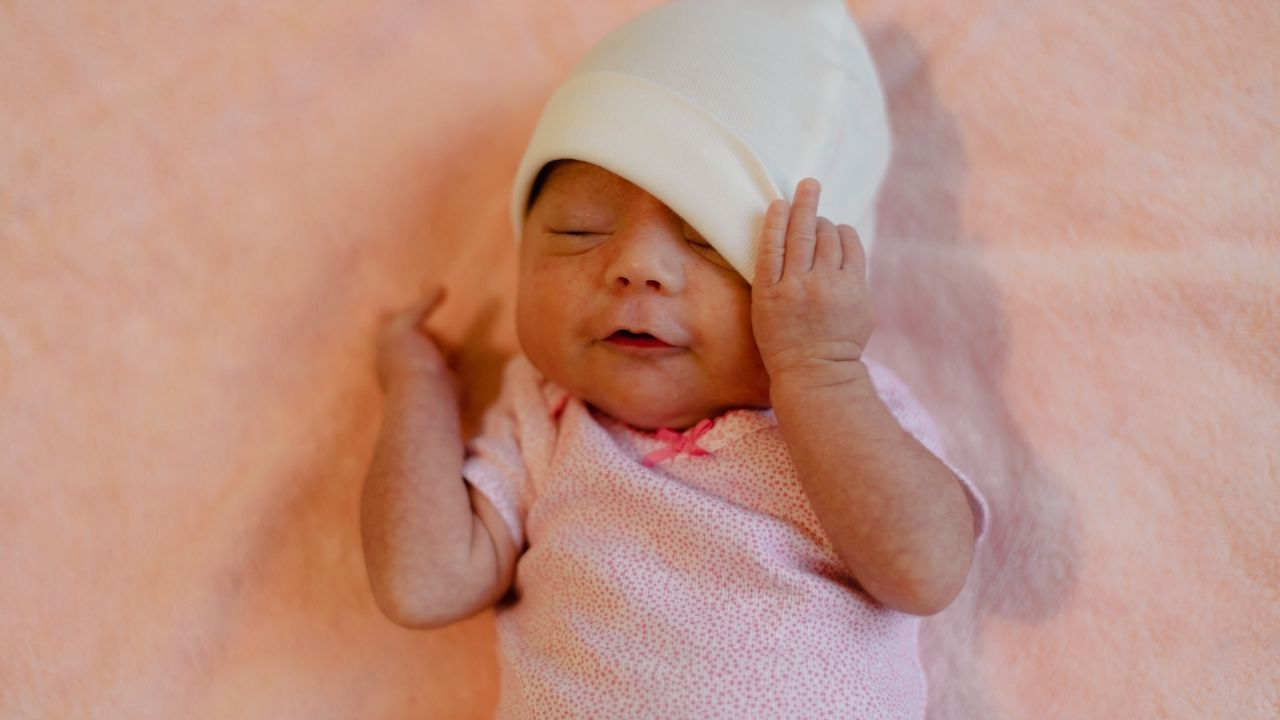
Baby-Proofing Your Home
Make sure your home is a safe and secure environment for your little one by identifying potential hazards, such as sharp corners and exposed electrical outlets, and taking steps to baby-proof accordingly. Here are three things you can do to ensure that your baby's surroundings are free from danger:
Furniture anchoring: Babies love to climb on everything they see, including furniture. To prevent accidents caused by toppling furniture, anchor all heavy pieces of furniture like bookshelves, dressers, and cabinets securely to the wall.
Electrical safety: Cover all electrical outlets with outlet covers or plates to keep curious fingers away from them. Also, make sure that cords from lamps or other appliances are out of reach or secured in place so that babies cannot pull them down.
Keep hazardous items out of reach: Store cleaning supplies, medications, sharp objects like knives and scissors in locked cabinets or high shelves where babies cannot access them.
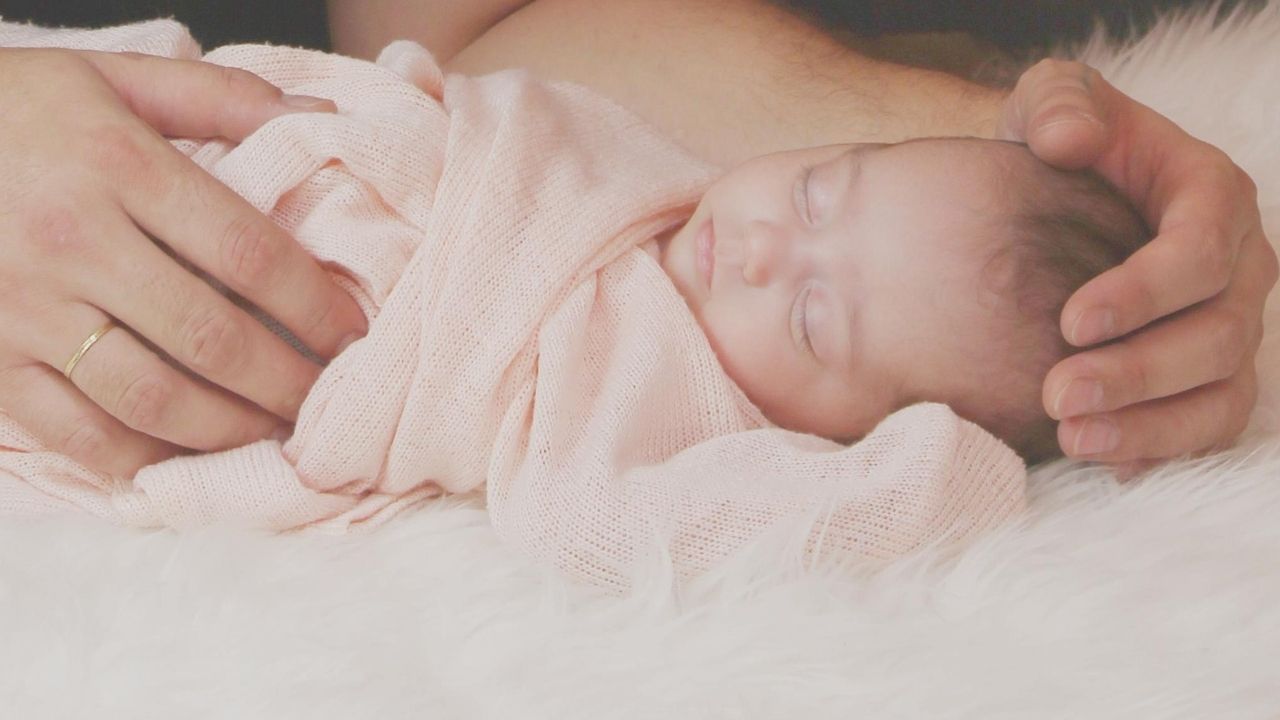
By taking these simple precautions, you can create a safe environment for your baby at home. Now that you have ensured the safety of your home let's move on to choosing safe baby products for your little one's well-being inside and out.
Choosing Safe Baby Products
It's important to be as safe as houses when selecting baby products that are not only functional but also free from harmful chemicals and materials. Eco-friendly options are becoming increasingly popular, which is a great way to ensure your baby's safety while still being environmentally conscious. Look for products made with natural materials such as organic cotton or bamboo, and avoid those that contain synthetic fragrances or dyes.
When choosing toys, make sure they are age-appropriate and do not have any small parts that could pose a choking hazard. Check for recalls on any products before purchasing them, and always follow the manufacturer's instructions for use. By taking these simple steps, you can help protect your little one from harm and provide them with a safe environment in which to grow and develop. And in case of emergencies, it's important to know how to respond quickly and effectively - let's take a look at some tips for handling common accidents and injuries.
Responding to Emergencies
You'll need to be prepared for emergencies when caring for your little one, so let's explore some tips for responding to accidents and injuries. First, it's crucial to have CPR training. This will give you the tools needed to respond in an emergency situation where your baby is not breathing or has stopped breathing. You can find local classes through organizations like the American Red Cross or your local hospital.

In addition to CPR training, having a well-stocked first aid kit on hand can make all the difference in quickly addressing any cuts, bruises, or burns that may occur. Your kit should include items like bandages of various sizes, gauze pads, antiseptic wipes or spray, and children's pain relievers. Keep it in a place that is easily accessible and make sure everyone who cares for your baby knows where it is located. By being prepared for emergencies with these important tools and skills, you will be able to provide the best care possible for your little one in their time of need.
As parents and caregivers, we want nothing more than long-term health and happiness for our babies. In order to achieve this goal, it's important to pay attention not only to their physical needs but also their emotional and developmental needs. Let's explore some ways you can help support your baby's overall well-being inside and out.
Long-term Health and Happiness
Ensuring your child's long-term happiness and health involves more than just meeting their basic needs. To give your baby the best start in life, you need to establish healthy routines that promote physical, emotional, and cognitive development. This includes creating a safe and stimulating environment for them to explore, encouraging regular exercise and outdoor play, and providing a balanced diet that meets their nutritional needs.
In addition to these physical aspects of well-being, fostering positive relationships is also essential for your baby's long-term happiness. As social creatures, human beings thrive on connection and interaction with others. You can help your child develop strong social skills by modeling empathy and compassion in your interactions with them, as well as teaching them how to communicate effectively with others. By building these foundations of health and happiness early on in life, you are setting the stage for a bright future full of joy and fulfillment for both you and your little one.
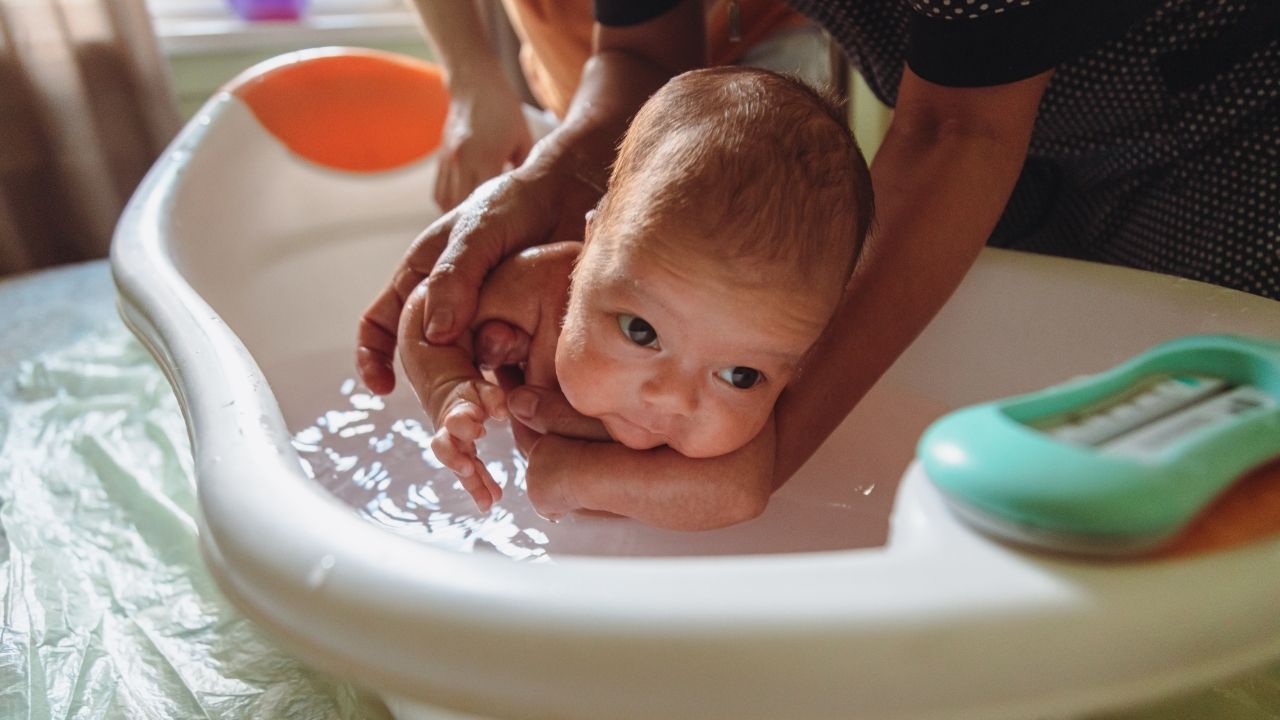
Frequently Asked Questions
What is the best type of formula to use for my baby?
As a new parent, you may feel overwhelmed with the decision of whether to breastfeed or formula feed your baby. While breastfeeding is often recommended for its numerous benefits, there are times when formula feeding may be necessary or preferred. When it comes to choosing the best type of formula for your baby, you'll want to consider organic vs. non-organic options. Organic formulas are made with milk from cows that have not been treated with hormones or antibiotics and do not contain genetically modified ingredients. However, they can be more expensive than non-organic formulas. Ultimately, the decision will depend on your personal values and budget. Remember, what's most important is that your baby receives proper nutrition and care - regardless of how you choose to feed them.
How can I encourage my baby to sleep through the night?
Encouraging your baby to sleep through the night can be a challenge, but there are some tried and true methods that can help. One important step is creating a consistent bedtime routine, such as reading a book or singing a lullaby before putting your baby down. Sleep training methods like the Ferber method or gradual extinction technique can also be effective in teaching your baby to self-soothe and fall asleep on their own. Remember, every baby is different and what works for one may not work for another. Be patient and persistent in finding the right method for you and your little one.
What types of physical activities are appropriate for my baby's age?
Imagine your baby as a tiny flower, just starting to bloom. Tummy time is like the sun that helps it grow strong and healthy. As your baby grows, they will need more physical activity to support their development. At around 3 months old, you can start incorporating sensory play into their routine. This could be something as simple as placing a textured blanket on the floor for them to explore with their hands and feet. As they reach 6-9 months, crawling and cruising become important milestones to work towards. Remember to always supervise your little one during these activities and consult with your pediatrician if you have any concerns about what types of physical activities are appropriate for their age.
How can I tell if my baby is experiencing separation anxiety?
Separation anxiety is a common and normal part of your baby's development, but it can be stressful for both you and your little one. So how do you know if your baby is experiencing separation anxiety? Signs can include crying or becoming upset when you leave the room, clinging to you more than usual, or refusing to let others hold them. But don't worry, there are coping strategies for separation anxiety that can help ease the transition. Try gradually increasing the time away from your baby, leaving something with them that smells like you, or establishing a goodbye routine. Remember to be patient and understanding as they work through this phase. Your love and support will go a long way in helping them feel secure and loved even when apart from you.
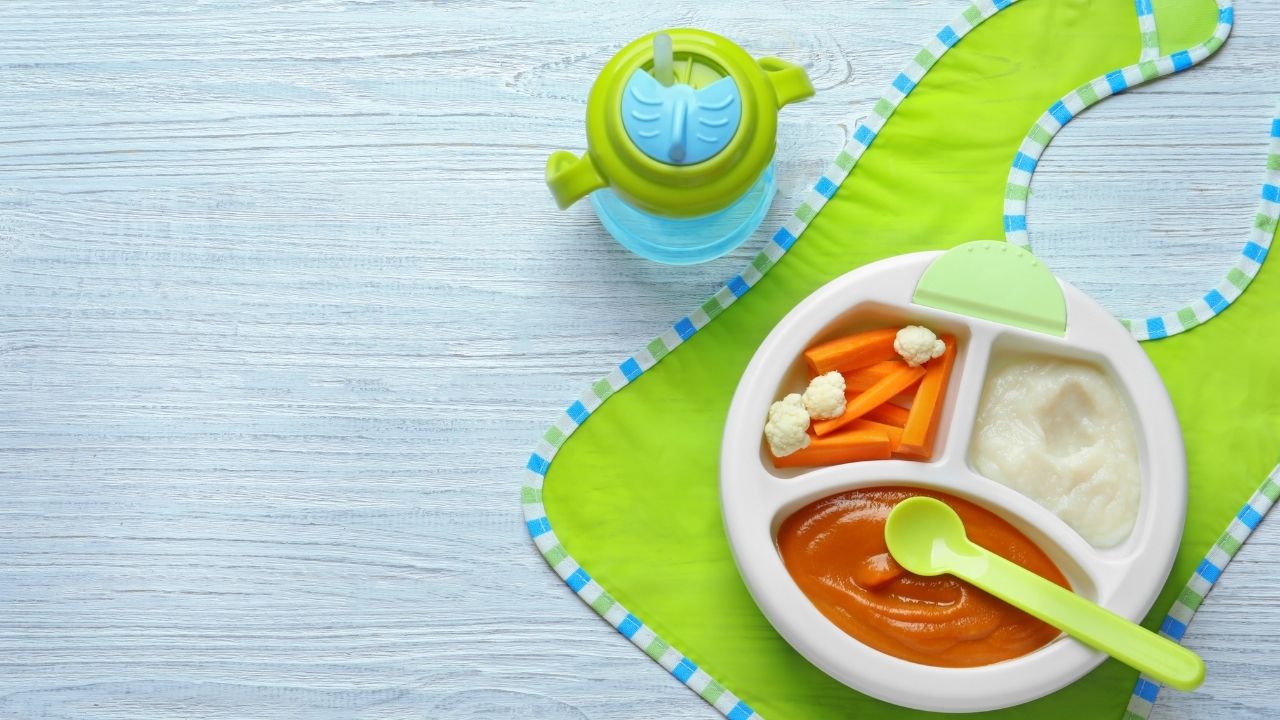
What are some long-term health concerns to watch out for as my baby grows older?
As your baby grows older, it's important to be aware of potential long-term health concerns. One major concern is preventing obesity, as this can lead to a range of health issues later in life. Encourage healthy eating habits and an active lifestyle from an early age to help prevent this. Additionally, managing allergies is crucial for your child's well-being. Be vigilant about any symptoms or reactions and work closely with your pediatrician to develop a plan for prevention and treatment. By staying informed and proactive about these potential health concerns, you can help ensure that your child grows up healthy and happy.
Conclusion
Congratulations on taking the first step towards nurturing your baby's well-being inside and out! By focusing on proper nutrition, adequate sleep and rest, physical activity and play, emotional well-being, safety and security, and long-term health and happiness, you are setting your little one up for a lifetime of good health.
Remember that Rome wasn't built in a day - it's important to take things one step at a time. Don't be afraid to ask for help or guidance from trusted sources such as pediatricians or family members who have gone through this journey before. As the saying goes, "Rome wasn't built in a day," so don't expect everything to fall into place immediately. With patience, perseverance, and love, you can give your baby the best start in life possible.
.png)
